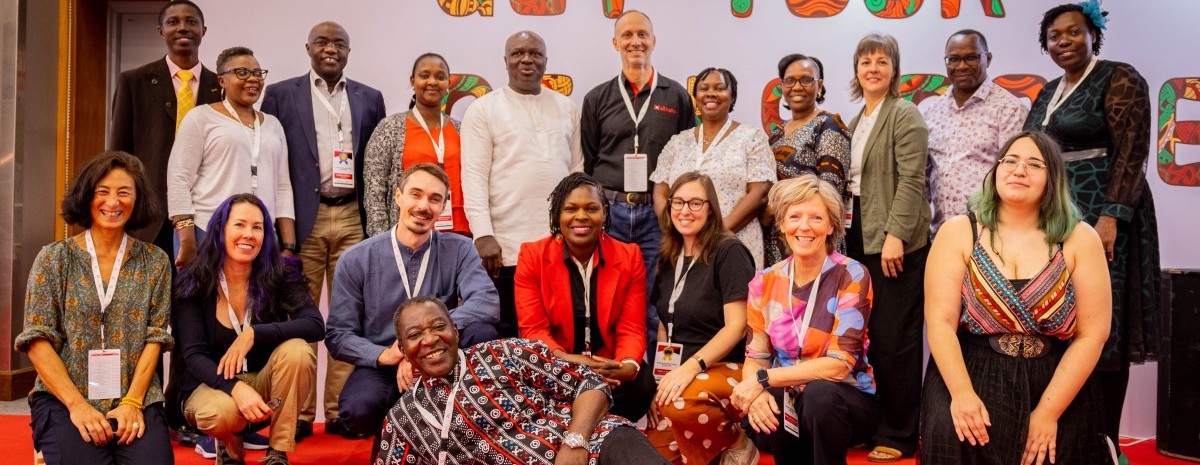All photos courtesy of e-Kitabu.
In 1993, I was a teenager, volunteering to work with street children in Kibera, the largest “slum” on the continent of Africa. I held babies, played hokey-pokey and Swahili versions of patty cake with grade-school kids, fielded requests for money by street children as we rode the matatus to downtown Nairobi, and gained weight chowing down on chapati, ugali, sukumawiki, and Cadbury’s chocolate, all while drinking copious amounts of sweet milky Kenyan tea.
The earliest Somali refugees were trickling into Kenya. We were one year shy of the genocide in Rwanda. One year shy of democracy in South Africa. That summer, another young American—Amy Biehl—was brutally murdered while working to register black voters for the first democratic elections in South Africa. And as for me? I knew almost nothing about East Africa, much less the continent of Africa, and I hadn’t read a single African writer.
My time in Kenya led me, of course, to read Chinua Achebe, Ngũgĩ wa Thiong’o, Mariama Bâ, Buchi Emecheta, and Izak Dinesen. Each book I read left me shell-shocked, gutted. I wanted hope and idealism. I got reality instead.
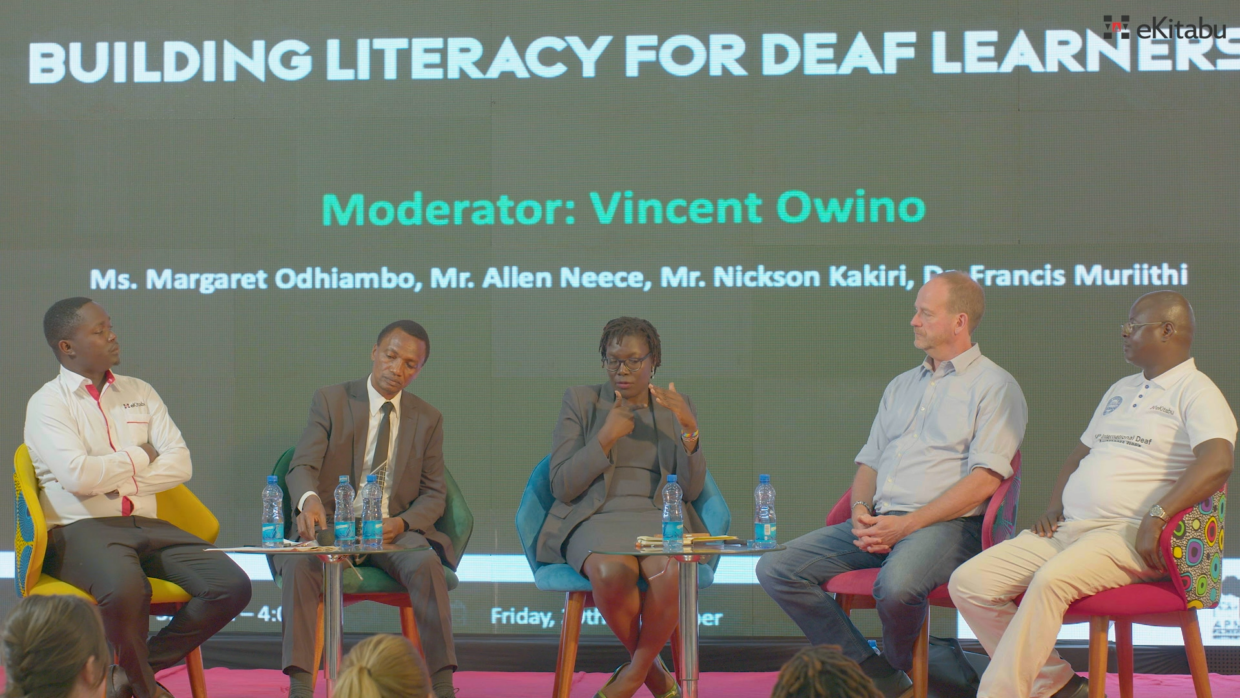
As a young woman who grew up on the U.S.-Mexico border during the crisis of the peso devaluation and the war in El Salvador, standard American fiction afforded almost nothing that commented on my lived experience. African literature somehow felt closer to home. Achebe’s work spoke to me about lives contained and fixed and fought within violent cultural clashes not of the individual’s making; wa Thiong’o’s about political intrigues and corruption that individuals were powerless to protest or resist yet did so anyway, sometimes futilely but not without purpose or hope; Bâ, Emecheta, and Dinesen’s about how women could do everything we were taught to do, how we could achieve everything we had learned were the highest ideals for us to achieve in life, how we could strive and strive and strive and yet still find ourselves dismally unfulfilled.
Books are how we become friends with people we otherwise would never meet.
African literature, depicting lives completely outside of my experience or cultural knowledge, commented upon and helped me interpret my own life. And I saw myself in these books. The main character in Things Fall Apart, Okonkwo, is nothing like me, but within him, I recognized my own tendency to cling to American cultural norms and values, even when they’re systematically destroying everything I hold dear. And I likewise recognized myself in his son, Nwoye, who was so broken by his father’s fastidious adherence to harmful Igbo traditions that he embraced a completely alien ideological framework in order to make sense of his experiences.
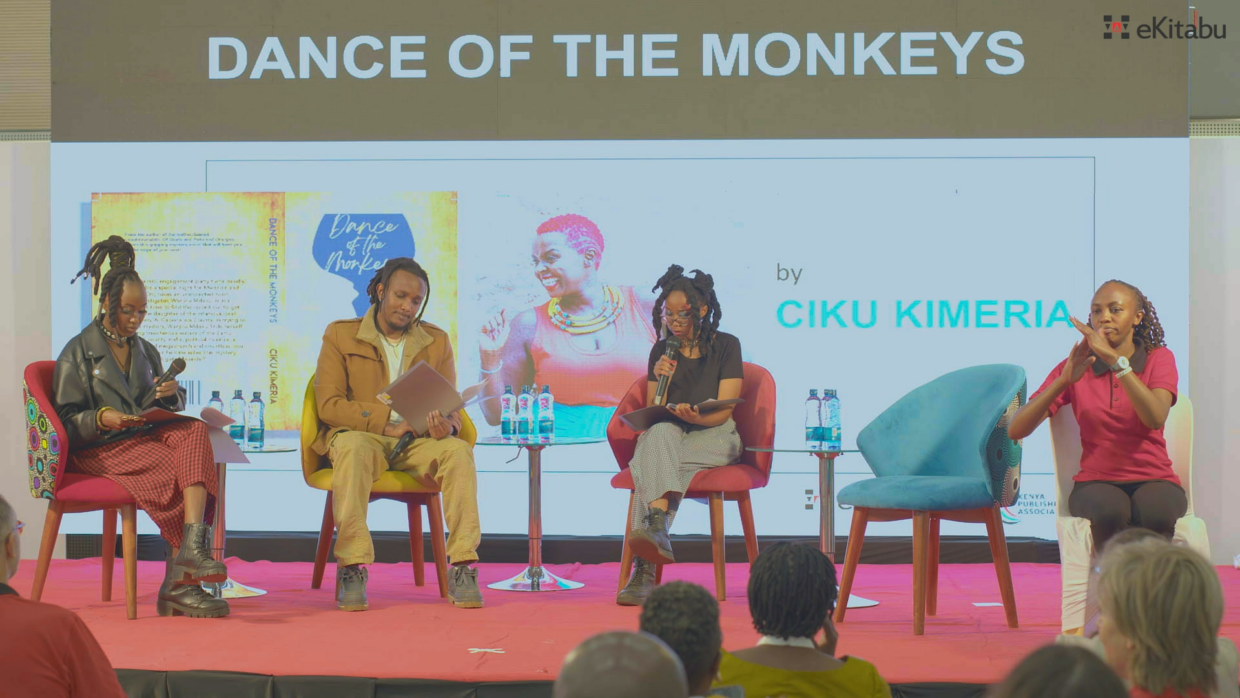
I think it’s crucial for we Americans and Europeans to read books written by non-Americans and non-Europeans, people outside of the Western cultural and political milieu. We need that perspective. We need to see those worlds. We need to reflect on our lives after basking in the experiences of people who are not subject to the same types of government, the same school systems, the same work systems, the same cultural values and systems, the same politics, the same sets of ideas.
This can help us avoid an incestuous, claustrophobic recycling of the same ideas, values, and experiences. It can help us see the common threads of human experience that link us all. Books are how we’re invited into homes we would never be invited into, at least, not without moving to and living in another country. Books are how we become friends with people we otherwise would never meet.
That summer I turned nineteen created everything that followed, charted a course for my life, even if I didn’t know it at the time. I went on to graduate school in African history and eventually opened my own publishing company, Catalyst Press, to publish African writers.
*
In September 2023, I came to Kenya as a publishing professional, a guest to the Nairobi International Book Festival, and my job was simple: meet with African publishers and Kenyan authors, create deals, publish books into the markets where my publishing company excels. There were twelve of us invited for that purpose, to create a framework for an ongoing rights fair on the continent, so that rights can be sold both across the continent and globally. To participate in European or North American rights fairs is difficult for most African publishers, both because of financial concerns but also the sheer barrier of obtaining visas to attend. The need for a rights fair on the continent seems obvious.
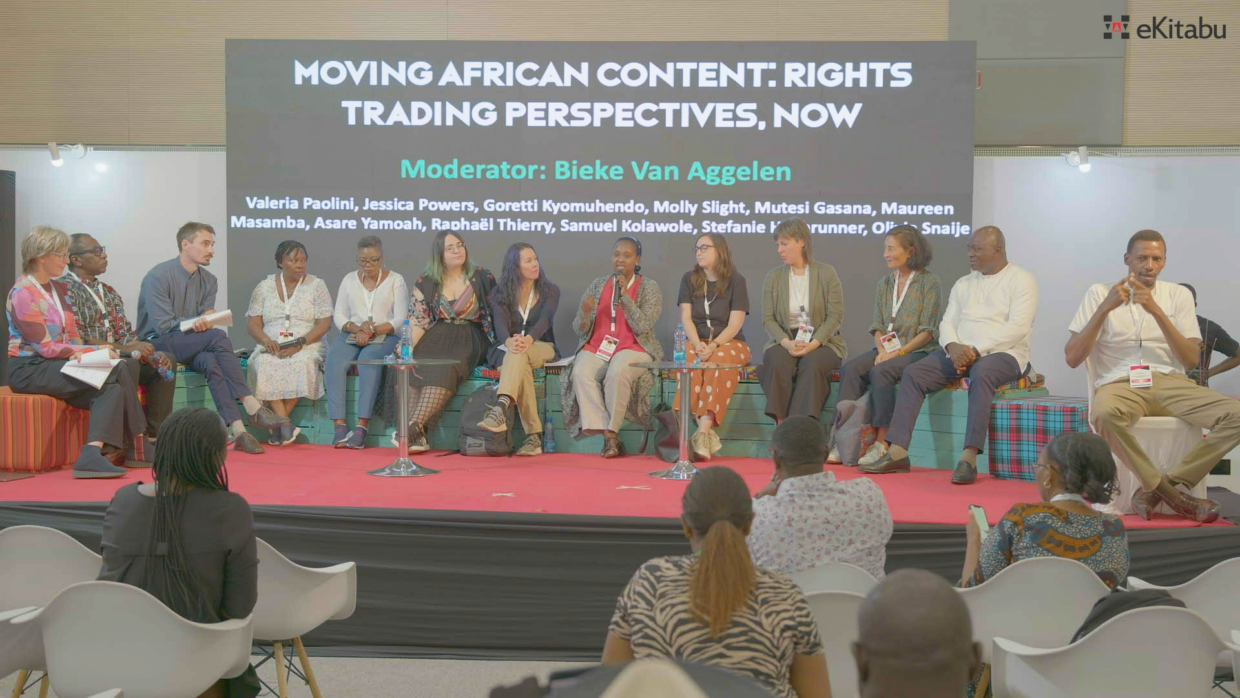
Ugandan publisher and writer Goretti Kyomuhendo lives fifteen minutes from the Rwandan border, but she told me she buys Rwandan writers in Europe. She’s reading a writer from Botswana now. Where’d she buy the book? London.
There are no easy answers for distribution and access to books in a continent that struggles with trade barriers, language differences, border controls—not to mention war and poverty.
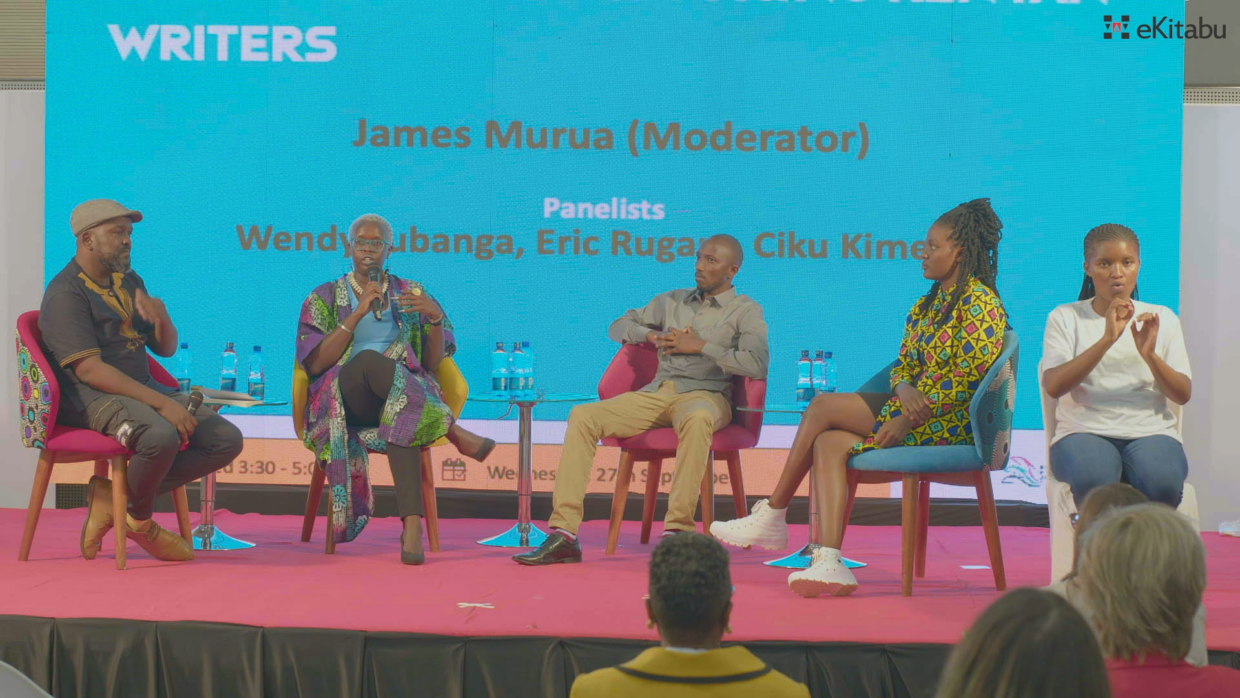
Technically, books I publish are available for distribution in Kenya. Yet a local Nairobi bookseller informed me that my distributor only offers them a 35% discount on books—when booksellers in the U.S. get between 45-55% discounts. This means booksellers have a harder time making a profit—or have to markup retail prices, making books more expensive in Africa, where people already have less money.
This last problem in particular bothered me. I can’t fix trade barriers, or solve the problems of war—but couldn’t my distributor offer African booksellers an equal discount to the ones they offer American and European booksellers? Why the discrepancy?
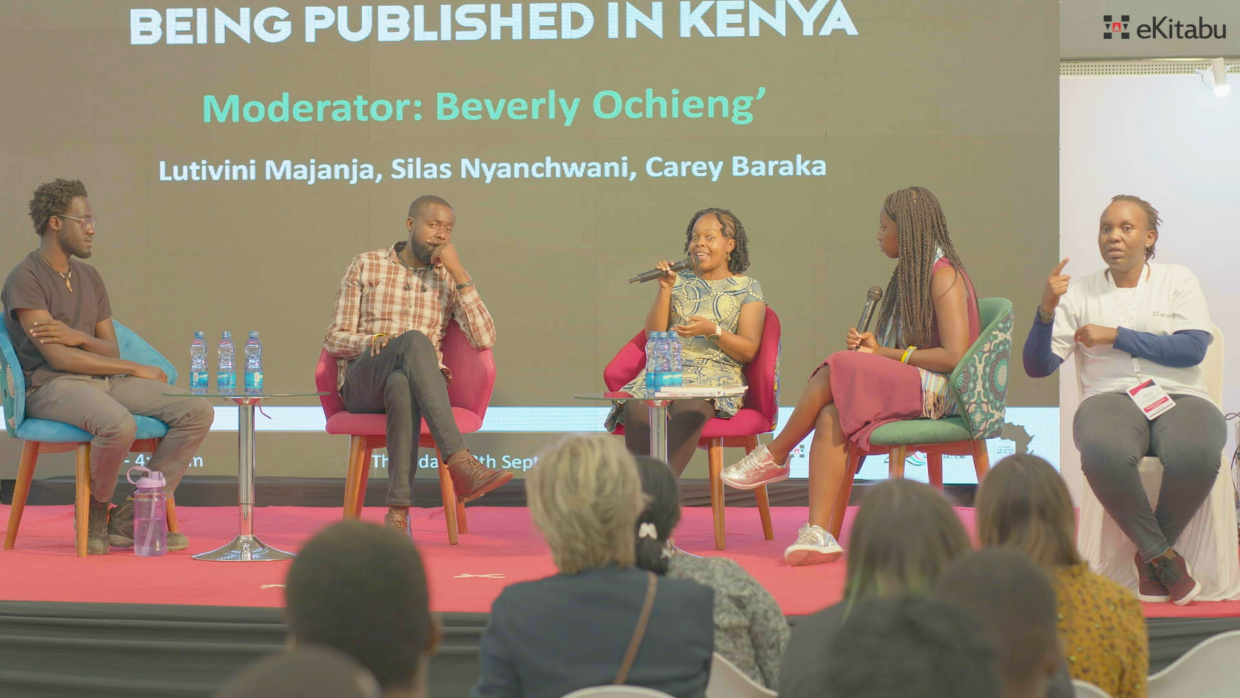
In general, rights deals are probably the quickest and most affordable way for books written by Africans to travel both outside the continent and within. Making deals and selling or buying rights seems simple on the surface but it is complex in real life. As publishers, editors, agents, we all weigh the desire to publish books with economic factors. Can this book make enough money to break even? Can this book make enough money to help fund future books by this author or by other writers? How will the public receive this book? How will critics? Can it win awards? We are balancing all of these unknowns, and gambling on every book we publish. The best publishers are hesitant gamblers.
And then there’s an invisible factor as we break ground in a new market that can instantly run a potential deal into the ground: trust. How do publishers and writers in Kenya perceive us? Stefanie Hirsbrunner, owner of the InterKontinental bookstore in Berlin, said she noticed a general distrust towards publishers and editors from Kenyan writers. (To be honest, I think this is an attitude gaining ground in the U.S. too.) Trust is a foundational requirement in publishing. Yes, we create legal contracts, but without an initial assumption of trust, we’ll never make it that far.
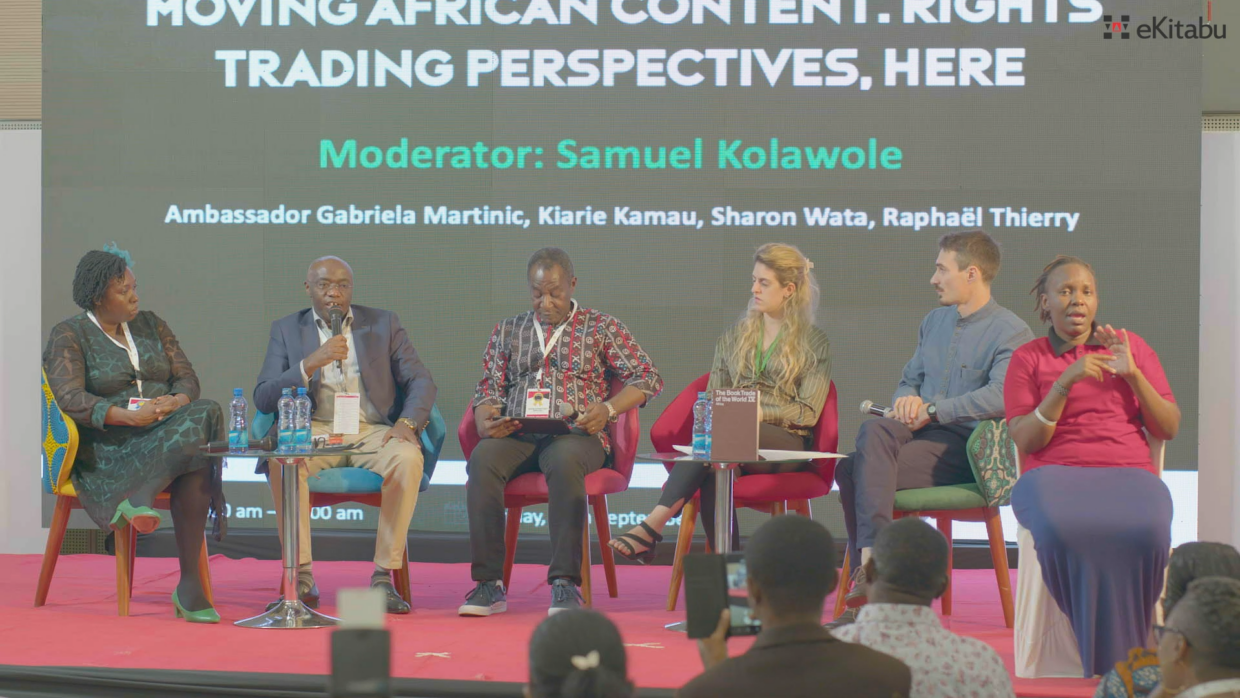
This year’s fair is just the start, we hope. Raphael Thierry, a literary agent in France, told me that the publishing world can start to look away from Frankfurt, London, and Bologna alone and towards Sharjah, Lagos, Nairobi and other places as the place where rights deals get done.
This isn’t just about Africa, after all. It’s about all the books being produced outside of North America and Europe.
*
I stayed a week longer than other eleven participants in the rights fair. One by one, they left for the airport over the course of two days. We said goodbye, knowing we will see each other again in the future, in Frankfurt or Sharjah or Istanbul.
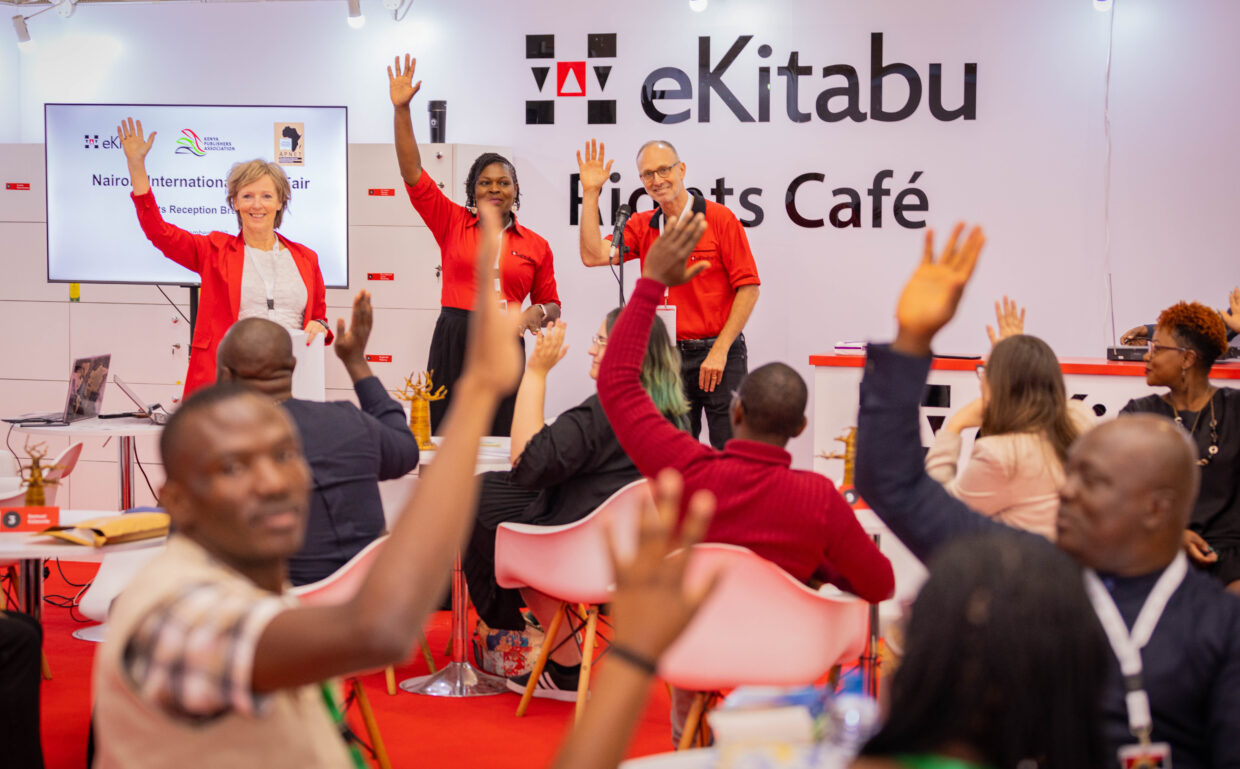
I arranged meetings with other writers, and with scientists and naturalists doing interesting work that might lead to books down the road. My wonderful taxi driver—a personal friend of my uncle’s for a couple of decades—took me to Mashimoni, the section of Kibera where I worked so many years ago. I had been told that I would weep to see Kibera’s deterioration, “how much worse it has become,” but to be honest, it looked the same—only much bigger. The streets still ran with muddy water burbling blue detergent bubbles. The shacks were just as bad, and the streets just as crowded, and the combined smell of burning garbage and corn roasting over small jiko stoves on street corners just as unappealing. Seeing it all through the barriers of locked car doors and rolled-up windows, I was sort of amazed at the sheer audacity I had, the freedom I felt, barreling along those same streets on foot in long skirts and tennis shoes as a 19-year-old.
I’m not sure why it took thirty years for me to return to Kenya. Perhaps it was that I fell in love with southern Africa, professionally and personally, and it’s there I return to again and again. But as my early morning plane took off, the sun rose over a cityscape that had become familiar once again in the past two weeks, and I knew without a doubt that I’ll return.
*
In collaboration with the Nairobi International Book Festival and the Kenya Publishers Association, e-Kitabu created the rights cafe at NIBF-2023 and sponsored 12 publishing professionals to travel to Kenya for four days to meet with publishers, editors, and writers to create rights deals. e-Kitabu is a forward-thinking organization, dedicated to literacy, books, publishing, and writers in East Africa, and I’m grateful for their sponsorship.
